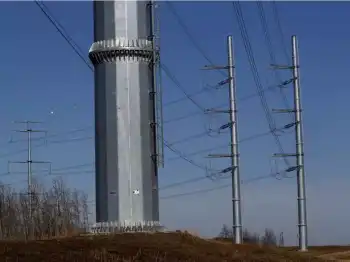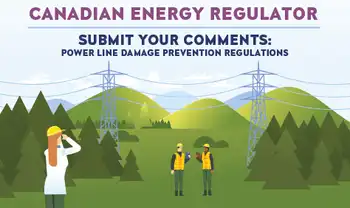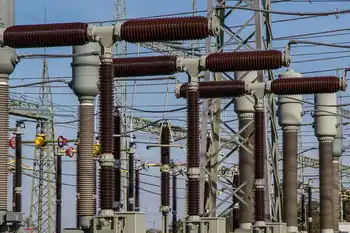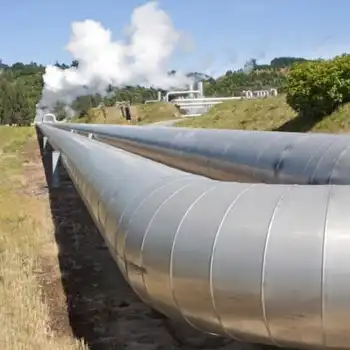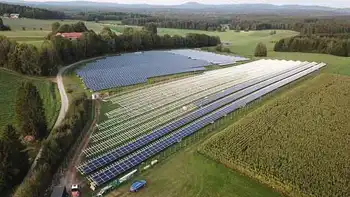California Electricity Rate Overhaul proposes a fixed fee and lower per-kWh rates to boost electrification, renewables, and grid reliability, while CPUC weighs impacts on conservation, low-income customers, and time-of-use pricing across the state.
Key Points
A proposal to add fixed fees and cut per-kWh prices to drive electrification, support renewables, and balance grid costs.
✅ Fixed monthly fee plus lower volumetric per-kWh charges
✅ Aims to accelerate EVs, heat pumps, and building electrification
✅ CPUC review weighs equity, conservation, and grid reliability
California is contemplating a significant overhaul to its electricity rate structure that could bring major changes to electric bills statewide, a move that has ignited debate among environmentalists and politicians alike. The proposed modifications, spearheaded by the California Energy Commission (CEC), would introduce a fixed fee on electric bills and lower the rate per kilowatt-hour (kWh) used.
Motivations for the Change
Proponents of the plan argue that it would incentivize Californians to transition to electric appliances and vehicles, a critical aspect of the state's ambitious climate goals. They reason that a lower per-unit cost would make electricity a more attractive option for applications like home heating and transportation, which are currently dominated by natural gas and gasoline. Additionally, they believe the plan would spur investment in renewable energy sources and distributed generation, ultimately leading to a cleaner electricity grid.
California has some of the most ambitious climate goals in the country, aiming to achieve carbon neutrality by 2045. The transportation sector is the state's largest source of greenhouse gas emissions, and electrification is considered a key strategy for reducing emissions. A 2021 report by the Natural Resources Defense Council (NRDC) found that electrifying all California vehicles and buildings could reduce greenhouse gas emissions by 80% compared to 2020 levels.
Concerns and Potential Impacts
Opponents of the proposal, including some consumer rights groups, express apprehensions that it would discourage conservation efforts. They argue that with a lower per-kWh cost, Californians would have less motivation to reduce their electricity consumption. Additionally, they raise concerns that the income-based fixed charges could disproportionately burden low-income households, who may struggle to afford the base charge regardless of their overall electricity consumption.
A recent study by the CEC suggests that the impact on most Californians would be negligible, even as regulators face calls for action over soaring bills from ratepayers across the state. The report predicts that the average household's electricity bill would change by less than $5 per month under the proposed system. However, some critics argue that this study may not fully account for the potential behavioral changes that could result from the new rate structure.
Similar Initiatives and National Implications
California is not the only state exploring changes to its electricity rates to promote clean energy. Hawaii and New York have also implemented similar programs to encourage consumers to use electricity during off-peak hours. These time-varying rates, also known as time-of-use rates, can help reduce strain on the electricity grid during peak demand periods.
The California proposal has garnered national attention as other states grapple with similar challenges in balancing clean energy goals with affordability concerns amid soaring electricity prices in California and beyond. The outcome of this debate could have significant implications for the broader effort to decarbonize the U.S. power sector.
The Road Ahead
The California Public Utilities Commission (CPUC) is reviewing the proposal and anticipates making a decision later this year, with a potential income-based flat-fee structure under consideration. The CPUC will likely consider the plan's potential benefits and drawbacks, including its impact on greenhouse gas emissions, electricity costs for consumers, and the overall reliability of the grid, even as some lawmakers seek to overturn income-based charges in the legislature.
The decision on California's electricity rates is merely one piece of the puzzle in the fight against climate change. However, it is a significant one, with the potential to shape the state's energy landscape for years to come, including the future of residential rooftop solar markets and investments.
Related News






